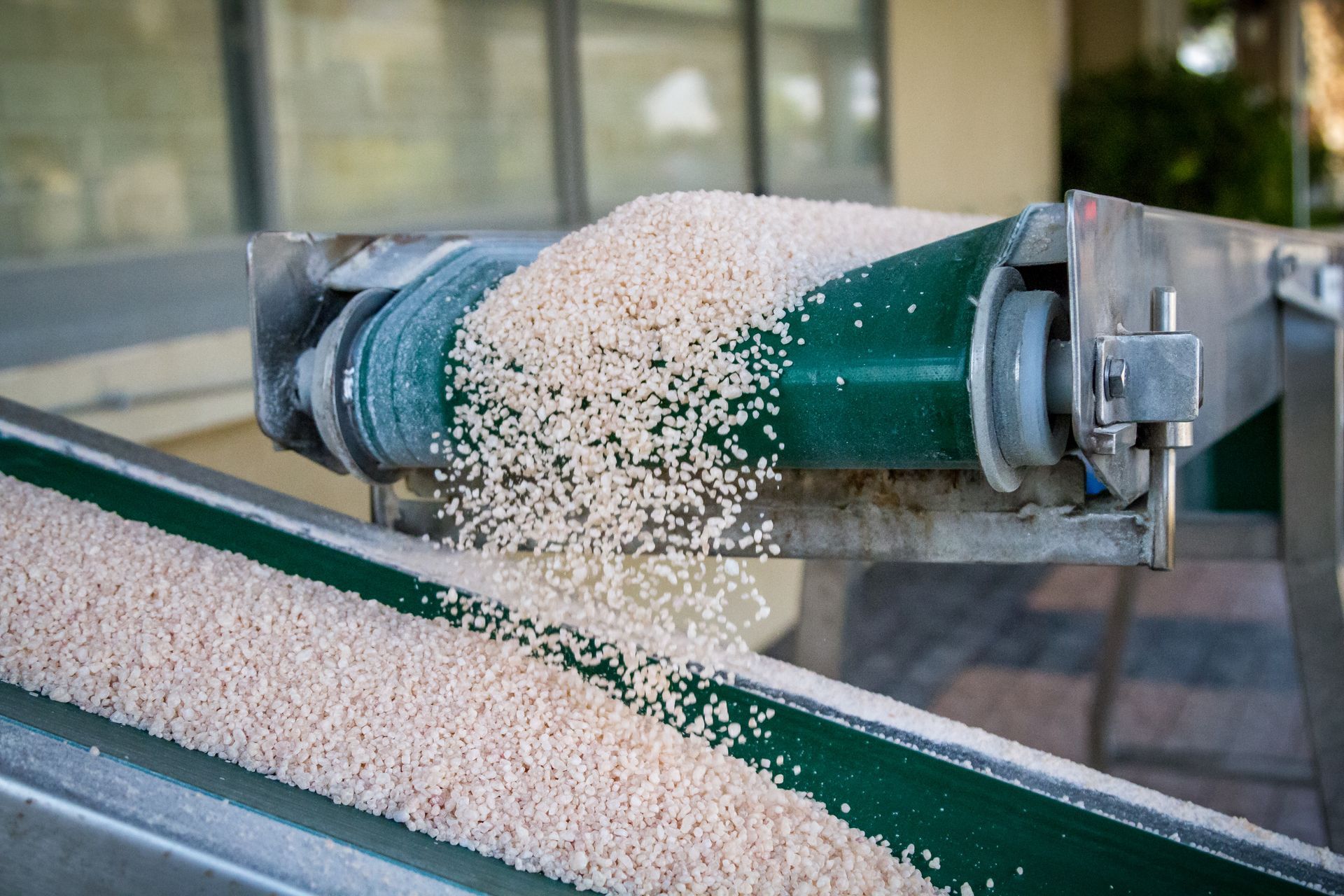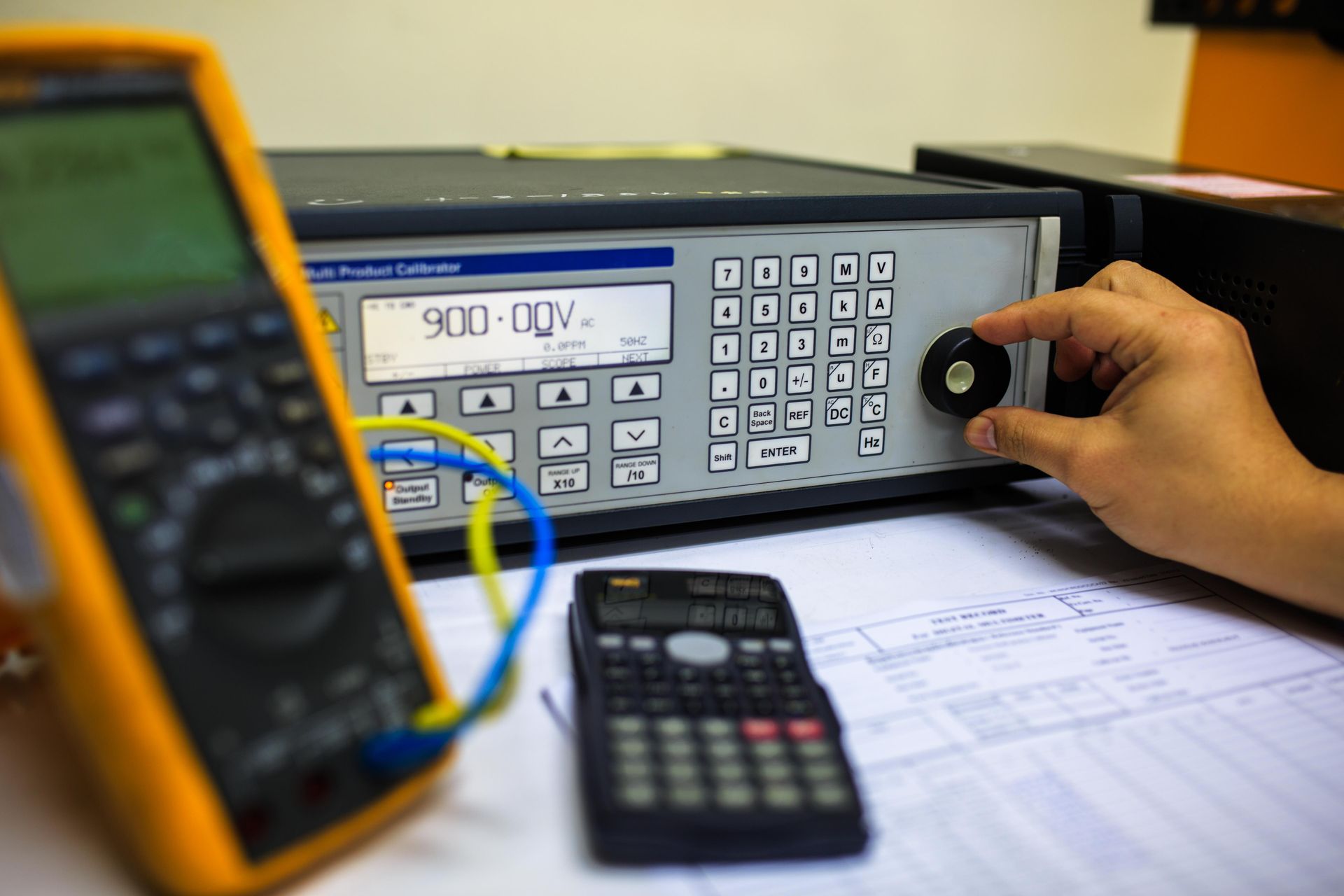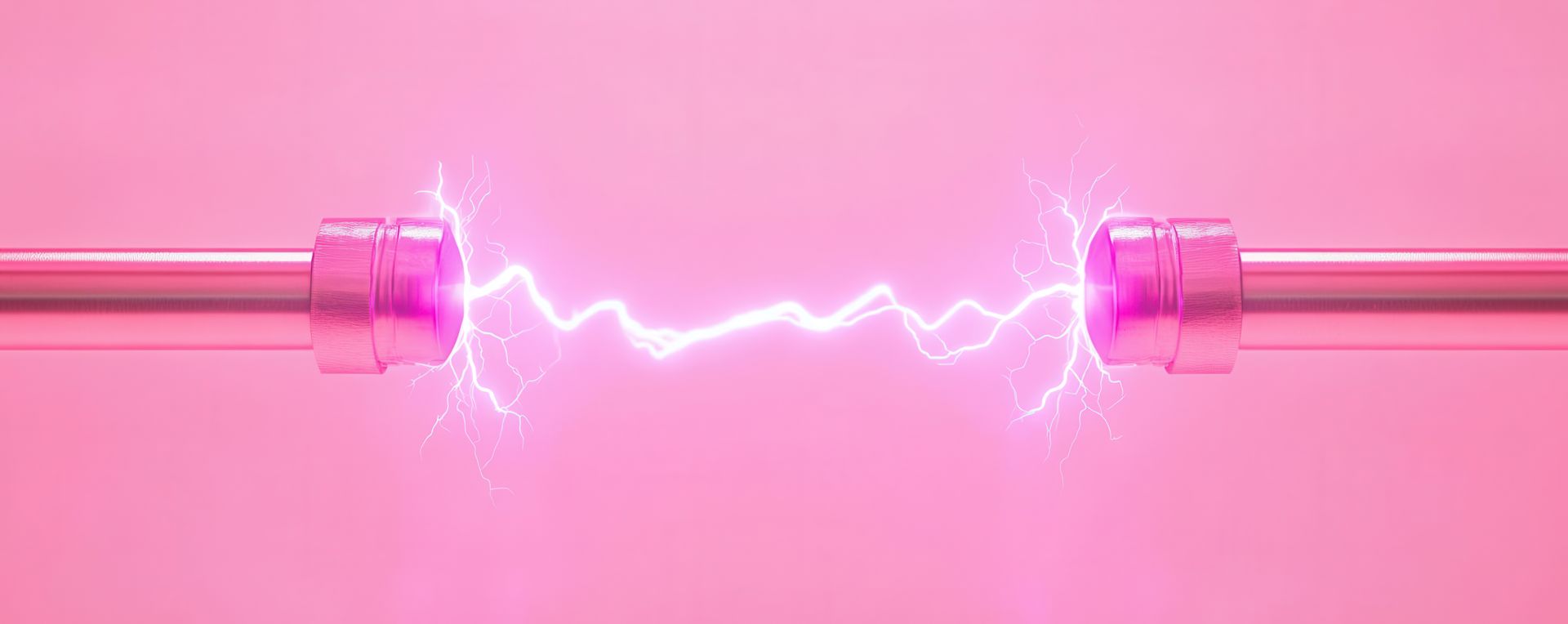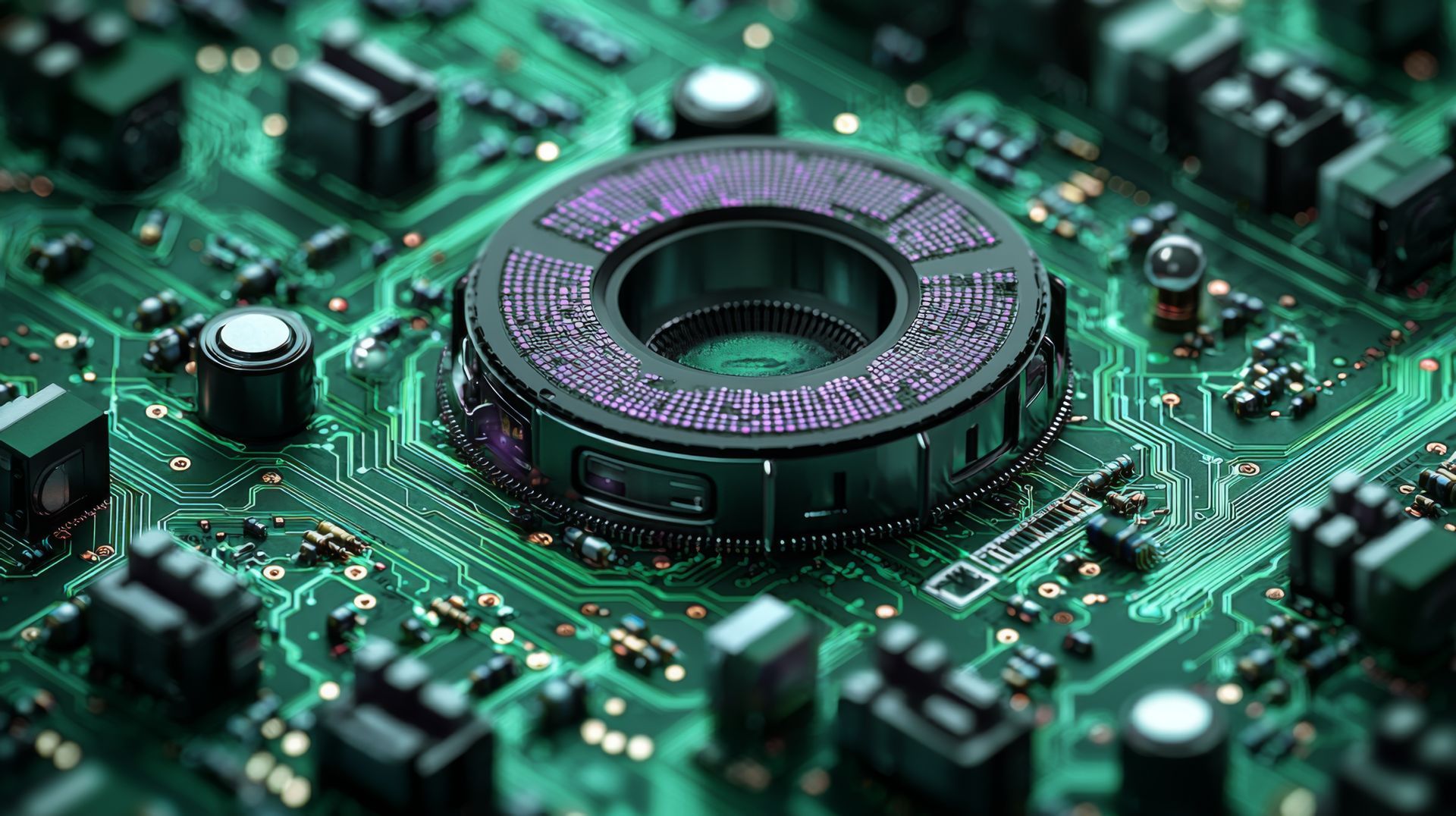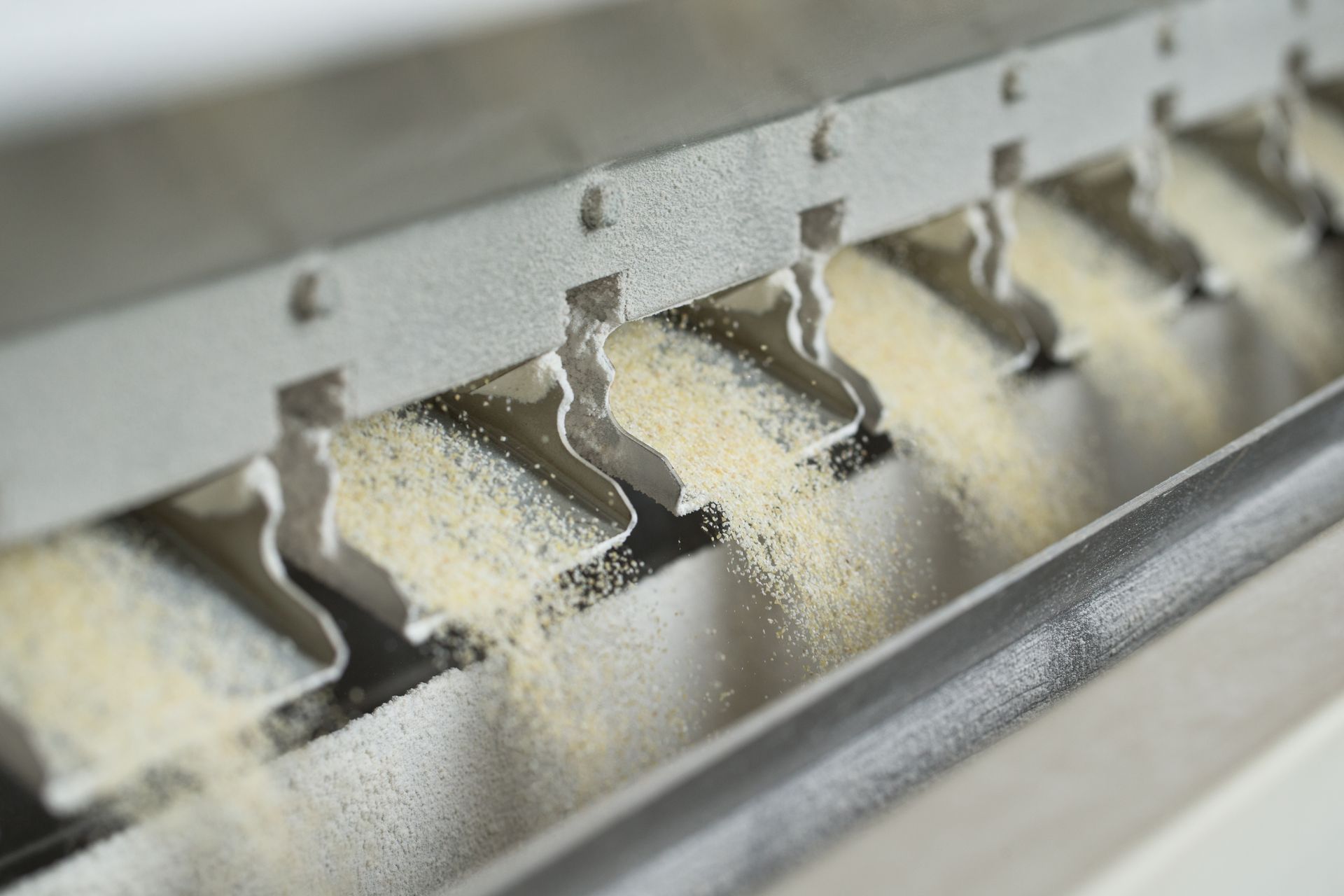What Happens When You Don't Calibrate Your Gauss Meter
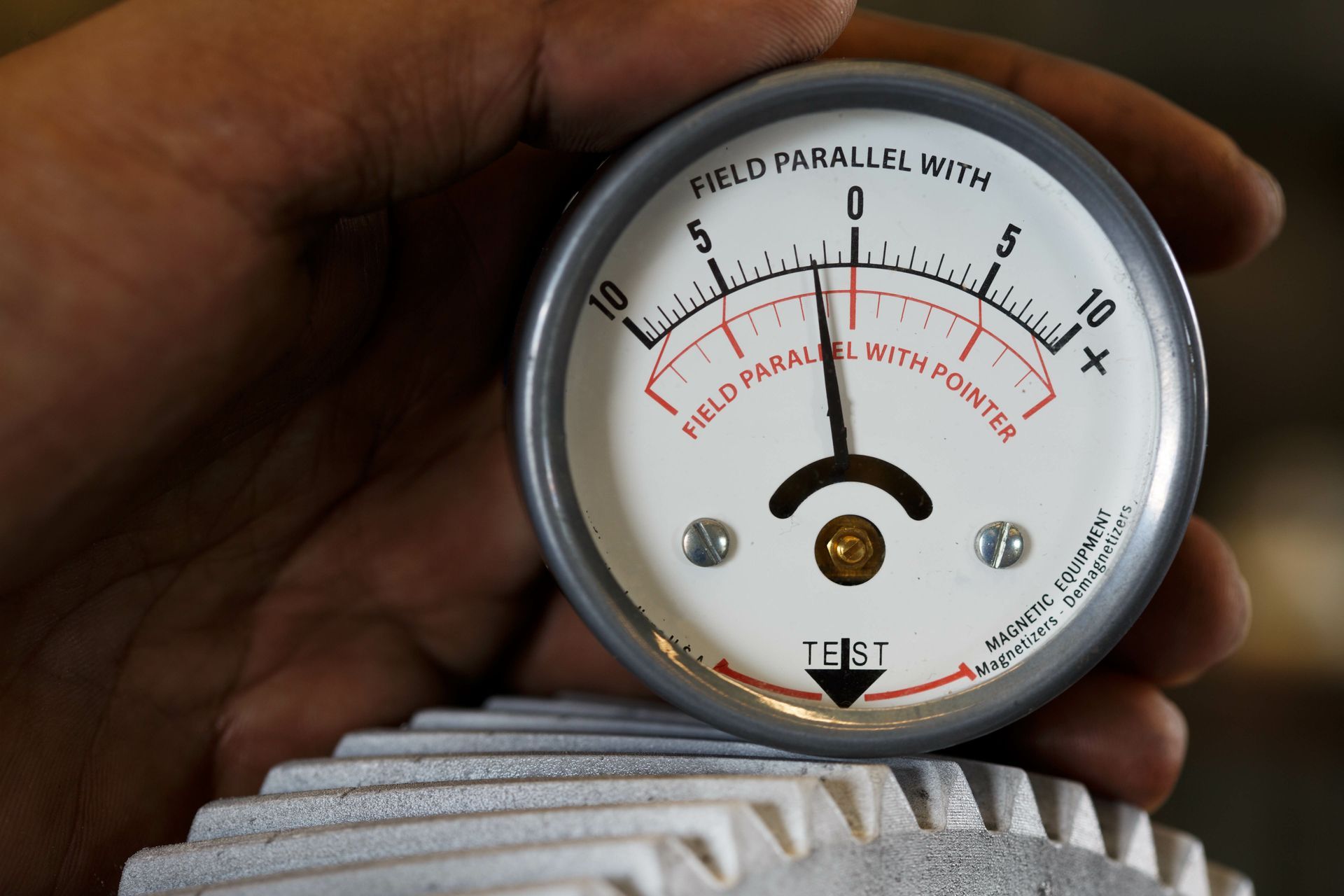
Accuracy is a cornerstone that upholds product quality, safety standards, and regulatory compliance. From intricate electronic manufacturing to high-stakes medical applications, the role of precise measurements cannot be overstated. This is where Gauss Meters come into play. These unassuming devices function as silent sentinels, offering crucial insights into magnetic fields that shape various industries.
This article takes a close look at how Gauss Meters work, explains why calibration matters, and explores the risks of using uncalibrated Gauss Meters. By the end of this article, you'll understand why seeking reliable calibration services in Malaysia is a must to ensure accurate measurements and prevent potential problems.
Gauss Meters: How They Work and Their Applications
Gauss Meters, also known as magnetometers, are invaluable tools used to measure the strength and direction of magnetic fields. These devices find applications across various industries, including manufacturing, electronics, automotive, and research.
A Gauss Meter essentially consists of a sensor that detects magnetic fields and converts the measurements into readable units, usually Gauss or Tesla. These measurements help businesses ensure the quality of their products, maintain safety standards, and comply with regulations.
What is Calibration and Why Is It Necessary?
Calibration is a fundamental process that ensures the reliability and accuracy of measurement instruments, including Gauss Meters. Imagine a weighing scale that provides incorrect readings – you wouldn't trust it to measure your ingredients accurately for a recipe. Similarly, Gauss meters require regular calibration to guarantee that the magnetic field readings they provide are dependable and consistent.
Calibration involves comparing the measurements obtained from a device to a known standard. In the case of Gauss Meters, a reference magnetic field with a precisely measured strength is used as the standard. By comparing the Gauss Meter's readings to this reference, any deviations or errors can be identified and corrected. This process not only rectifies any discrepancies but also helps determine the correction factors needed to bring the device's measurements in line with accurate values.
Calibration is necessary for several reasons:
- Maintaining Accuracy. Gauss Meters are often used in critical applications where even a small deviation from the true magnetic field strength can have significant consequences. Whether you're working on scientific research, medical diagnostics, or industrial quality control, accurate measurements are imperative. Calibration ensures that your Gauss Meter's accuracy remains within acceptable limits.
- Mitigating Environmental Factors. Gauss Meters operate in diverse environments, and external conditions can influence their performance. Changes in temperature, humidity, and electromagnetic interference can impact the device's readings. Regular calibration accounts for these environmental factors, correcting any drift caused by them.
- Preserving Reliability. Over time, the internal components of Gauss Meters can experience wear and tear. This wear can affect the device's sensitivity and accuracy. Calibration detects and addresses these changes, extending the lifespan of the Gauss Meter and maintaining its reliability.
- Meeting Standards and Regulations. Many industries have established standards and regulations that dictate acceptable levels of measurement accuracy. Calibration ensures that Gauss Meters meet these standards, enabling businesses to comply with regulations and avoid legal issues.
- Optimising Decision-Making. Inaccurate measurements can lead to incorrect decisions. For instance, using uncalibrated Gauss Meters might result in overestimating the strength of a magnetic field, leading to unnecessary and potentially costly safety measures. On the other hand, underestimating field strength might lead to inadequate safety precautions. Calibration ensures that decisions are based on accurate information.
- Enhancing Product Quality. Gauss Meters are commonly used in quality control processes, particularly in industries involving electronics and manufacturing. Inaccurate measurements can lead to faulty products slipping through quality checks, ultimately affecting the company's reputation and customer satisfaction. Calibration helps maintain stringent quality standards.
- Avoiding Downtime and Costs. Using uncalibrated Gauss Meters can lead to unexpected production issues and costly downtimes. For instance, a manufacturing process might come to a halt if a Gauss Meter's inaccurate reading causes a faulty product to progress further along the production line. Calibration prevents such scenarios.
Consequences of Uncalibrated Gauss Meters
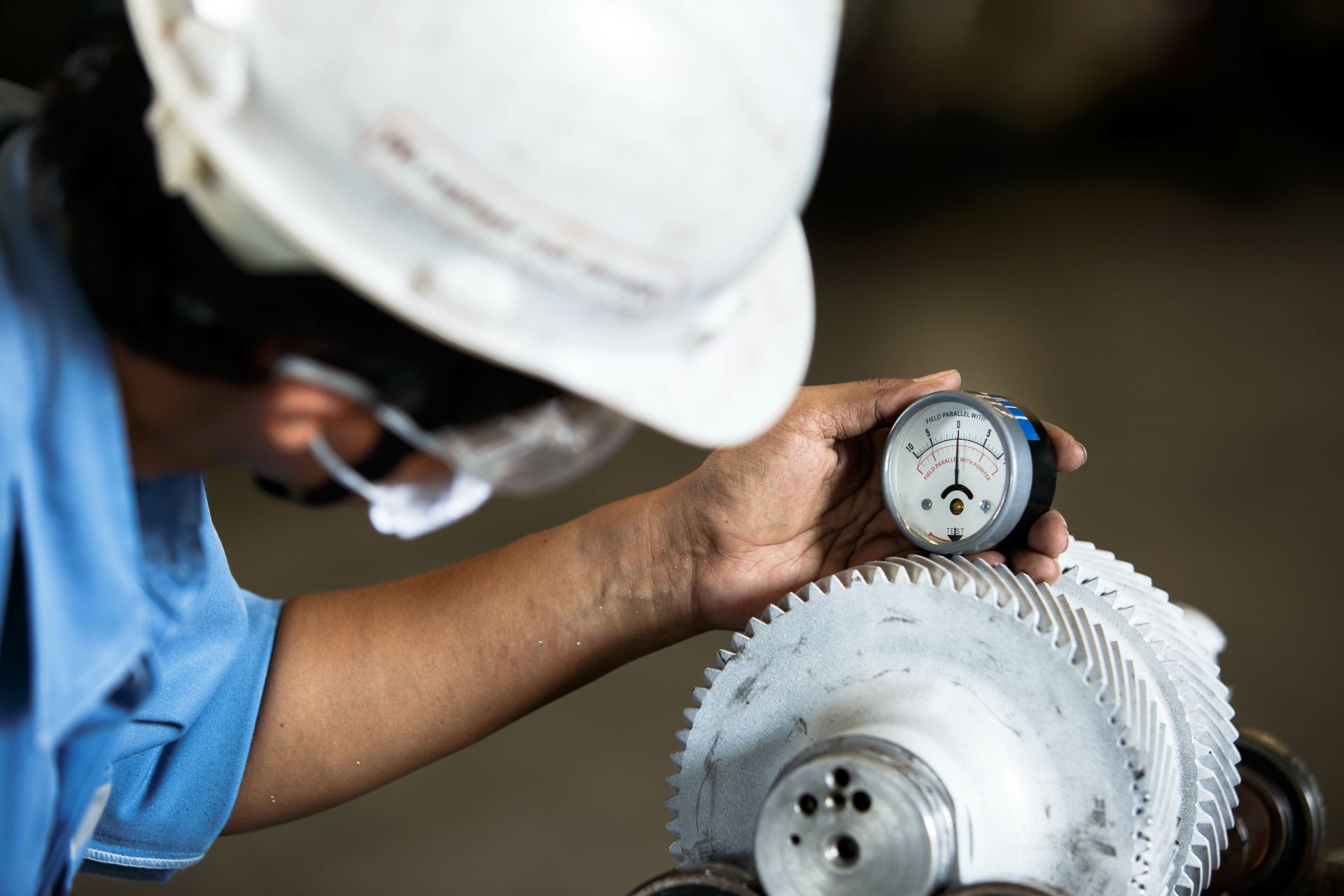
When Gauss Meters go uncalibrated, the consequences can reverberate throughout various industries and applications. These repercussions highlight the significance of accurate measurements and the potential pitfalls of disregarding proper calibration procedures.
Inaccurate Magnetic Field Readings
One of the primary consequences of using an uncalibrated Gauss Meter is the potential for inaccurate magnetic field measurements. Inaccurate readings can lead to faulty decisions regarding product quality, safety measures, and compliance with industry standards. Whether you're working with sensitive electronic components, conducting research, or ensuring the integrity of a manufacturing process, relying on inaccurate measurements can have detrimental effects on the final outcome.
Safety Risks and Compliance Issues
In industries where strong magnetic fields are involved, such as medical imaging or electromagnetic testing, safety is paramount. Uncalibrated Gauss Meters can result in underestimating or overestimating the strength of magnetic fields, leading to inadequate safety measures. Moreover, non-compliance with safety regulations due to inaccurate measurements can result in legal and financial consequences.
Impact on Quality Control and Manufacturing Processes
In manufacturing, maintaining consistent product quality is essential. Gauss Meters play a crucial role in quality control by ensuring that products meet magnetic field specifications. Without proper calibration, a Gauss Meter could fail to detect deviations, resulting in products that fall short of quality standards. This can lead to increased defects, customer dissatisfaction, and operational inefficiencies.
Why Calibration Services Are Essential?
Calibration services offer a solution to the potential pitfalls of uncalibrated Gauss Meters. Professional calibration involves using certified reference standards and controlled conditions to fine-tune the Gauss Meter's readings. These services help businesses achieve accurate measurements, which, in turn, contribute to enhanced product quality, safety, and regulatory compliance.
The Cost of Neglecting Gauss Meter Calibration
While the decision to neglect Gauss Meter calibration may initially seem like a cost-saving measure, the long-term financial implications can far surpass the expenses associated with regular calibration services.
Financial Implications of Inaccurate Measurements
While calibration services incur costs, the expenses associated with neglecting calibration can far outweigh the investment. Inaccurate measurements can lead to increased product defects, rework, and even recalls. The financial burden of these consequences can significantly impact a company's bottom line.
Impact on Product Quality and Performance
Uncalibrated Gauss Meters can compromise the overall quality and performance of products. Whether it's electronic devices that rely on precise magnetic field strengths or industrial equipment that demands accuracy, uncalibrated measurements can lead to subpar products that fail to meet customer expectations.
Potential Legal and Liability Issues
In some industries, such as food and beverage and medical devices or aerospace, adherence to strict standards is not just a matter of quality but also a legal requirement. Using uncalibrated gauss Meters can result in products that don't meet regulatory standards, opening the door to legal actions, liability claims, and damage to a company's reputation.
Get The Best Calibration Service in Malaysia
When it comes to ensuring the accuracy and reliability of your Gauss Meters in Malaysia, there's one name that stands out: Sematic Magnet. With a strong reputation for excellence and a commitment to providing top-notch calibration services, Sematic Magnet is your go-to partner for all your magnetic field measurement needs.
When you choose Sematic Magnet for calibration services, you're choosing precision, reliability, and professionalism. With us, you can rest assured that your Gauss Meters will deliver accurate measurements that you can trust.
Contact us today to discuss your calibration needs and experience the Sematic Magnet difference firsthand. Your accuracy is our priority!
